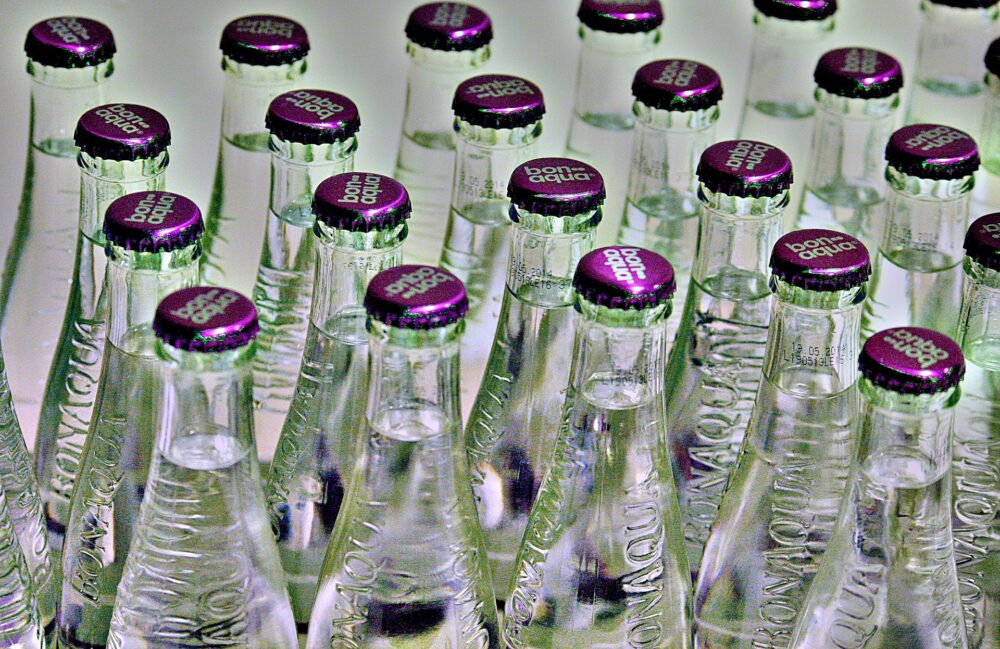July is the peak of the summer with an average high temperature of 81 degrees Fahrenheit. During this time, hydration is extremely important, for it prevents us from feeling tired and fatigued. Water is vital to life, as it keeps our bodies functioning normally. However, people usually overlook hydration as a stress reliever. The human body consists of 70 percent water, so losing two percent of bodily water can cause noticeable mental and physical changes.
Scientists at the University of Connecticut’s Human Performance Laboratory revealed a correlation between dehydration and brain dysfunction in a recent study. In the study, participants included healthy adults with an average age of 23 years old. Participants were active individuals who exercised daily for 30 to 60 minutes. Before evaluation, all subjects hydrated to ensure the accuracy of the test results. Proctors asked them to walk on a treadmill to induce mild dehydration. Later, each participant completed cognitive tests measuring concentration level, reaction time, vigilance, and memory. The results showed that the dehydrated subjects experienced fatigue, tension, anxiety, negative changes in mood, and difficulty concentrating. They also committed 12 percent more total errors.
The human body consists of 70 percent water, so losing two percent of bodily water can cause noticeable mental and physical changes.
So how does dehydration affect our mental health?
Mild dehydration is approximately one and a half to two percent loss of water volume in the human body. We often mistakenly think that thirst is an alarm reminding us to drink water. However, this is a dangerous belief, since we might be dehydrated by then. Prior to physical symptoms and awareness, the brain detects dehydration, which then impedes the cognitive process and energy production.
The brain and blood are the main water reservoirs, and water insufficiency can particularly impact circulation rate. A lack of oxygen and blood flow may result in inefficient physical and mental functions. Moreover, water can alter hormone levels in the brain. Serotonin is an important neurotransmitter that regulates emotion. It forms from the amino acid tryptophan and water. Therefore, dehydration can decrease serotonin production in the brain. Besides serotonin, dehydration can fail to reduce the plasma levels of norepinephrine. A high level of norepinephrine may lead to psychosomatic depression. Dehydration also elevates the activation of the hypothalamic-pituitary-adrenal (HPA) axis through the increased release of antidiuretic hormone, sometimes resulting in mental disorders.
When individuals consume an insufficient amount of water, organs have difficulty keeping up with bodily demands. Organs send a panic message to the brain communicating that something is wrong with the body.
Dehydration can also cause significant elimination of electrolytes through urination. As the body tries to balance the osmotic pressure of fluids across cellular membranes, it excretes sodium and electrolytes. As a result, a reduction of blood sodium occurs in a condition known as hyponatremia, which can lead to hallucinations and brain dysfunction.
In addition, experts associate water deprivation with panic attacks. When individuals consume an insufficient amount of water, organs have difficulty keeping up with bodily demands. Organs send a panic message to the brain communicating that something is wrong with the body. Before the brain knows how to respond, an individual may already be experiencing a stress or anxiety attack.
Experts recommend people drink eight glasses of water every day. However, this rule might not apply to everyone since hydration needs depend on personal weight. Here are some tips that can keep us hydrated throughout the day:
- Reduce the intake of caffeinated beverages because caffeine acts as a diuretic, or a substance that increases the production of urine.
- Bring a water bottle to work or school.
- Consume more foods with a high water content like watermelon, tomatoes, and soup.
- Monitor urine color frequently to check hydration status. Urine should be pale yellow, or colorless. Dark yellow urine, however, often indicates great dehydration.
Increasing daily water consumption can greatly elevate health and reduce mental issues such as stress, panic, and confusion. Staying hydrated is a simple, but vital way to maximize our well-being.
World Journal of Psychiatry (2018). DOI: 10.5498/wjp.v8.i3.88
Image source: Pixabay.






